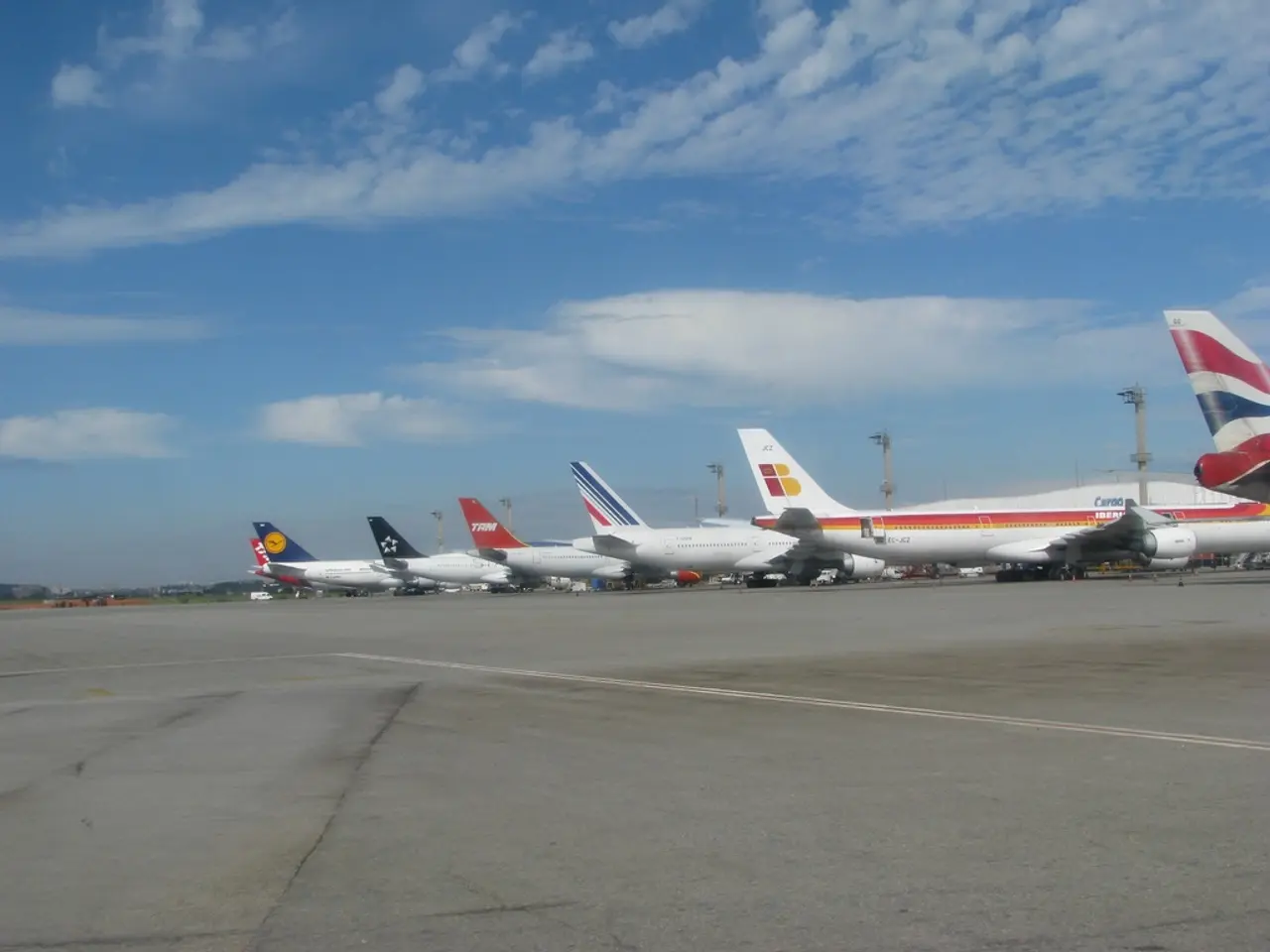Ongoing travel disruption across Europe due to French air traffic control strike
A two-day strike by French air traffic controllers on July 3 and 4, 2025, has caused significant chaos across France and Europe, leading to numerous flight cancellations and travel disruptions during the peak summer travel season.
The French Civil Aviation Authority (DGAC) ordered significant flight reductions, resulting in substantial cancellations at major airports. Paris Airports (Charles de Gaulle, Orly, Beauvais-Tillé) saw about 25-40% of flights cancelled, while southern and island airports (Nice, Bastia, Calvi) experienced up to 50% cancellations. Regional airports (Lyon, Marseille, Montpellier, Ajaccio, Figari) were not far behind, with around 30% of flights cancelled.
On July 4 alone, more than 1,100 flights were cancelled nationwide, affecting tens of thousands of passengers who were forced to rearrange their plans amid the strike. Major airlines such as Ryanair and EasyJet were severely impacted, with Ryanair cancelling over 460 flights, affecting approximately 70,000 passengers, and EasyJet cancelling 274 flights during the strike.
The disruptions were not limited to flights departing or arriving in France but also affected those transiting through French airspace, broadly impacting European air traffic.
The strike was led by the UNSA-ICNA and USAC-CGT unions, who are demanding better pay, increased staffing, and improved working conditions. They have been vocal about issues such as understaffing, outdated technology, and toxic management practices. The timing of the strike, coinciding with the start of the French school summer holidays, amplified its impact on family vacations and peak travel demand.
The strike has reignited calls for reform in European air traffic management, as the disruption exposed vulnerabilities in handling surge travel periods. Travelers were urged by DGAC to seek alternative arrangements due to expected significant delays and disruptions at all French airports.
Notable cases of affected passengers include Julien Barthelemy, a passenger travelling to Marseille from New York, who was stuck at Charles de Gaulle Airport due to the cancellations and was waiting for a spot on the next available flight. Lara, 30, and her partner had their flight from Paris to Berlin cancelled and had to buy more expensive train tickets.
The government has condemned the strike, with Prime Minister Francois Bayrou calling it "unacceptable." The EU Commission has not yet responded to Ryanair's request for protection of overflights in case of strikes. The strike is being led by UNSA-ICNA, the second biggest labour group in the sector, and the third largest union, USAC-CGT.
As the strike continues, passengers are advised to closely monitor their flight status and consider alternative travel arrangements. The effects of the strike are causing disruptions to travel plans for thousands of people across Europe.
Passengers faced disruptions to their travel lifestyle, as the two-day strike by French air traffic controllers caused a significant percentage of flight cancellations at several French airports, including Paris, southern and island airports, and regional airports. The chaos extended beyond these airports, impacting European air traffic and travel plans for thousands throughout the continent, with major airlines like Ryanair and EasyJet severely affected.




